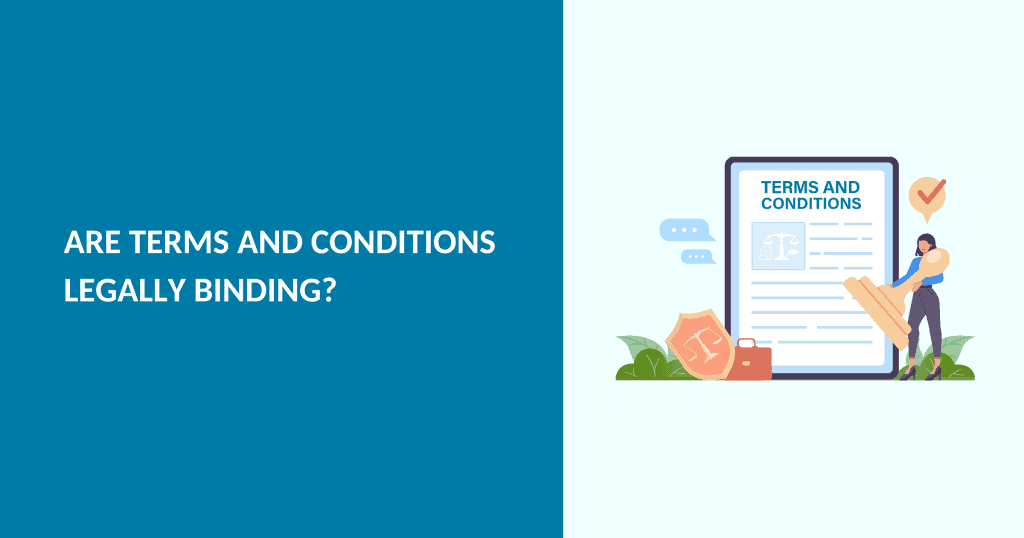
Are Terms and Conditions Legally Binding? Yes, If You Do This
Terms and conditions are legally binding but only if they meet certain requirements. Failure to do so may render them useless. Find out how to avoid it.
Stay on top of data privacy, regulations, security, and other important updates that may impact your business.

Terms and conditions are legally binding but only if they meet certain requirements. Failure to do so may render them useless. Find out how to avoid it.

This step-by-step guide will show you how to write a terms and conditions agreement for your website or app to protect your business and yourself.
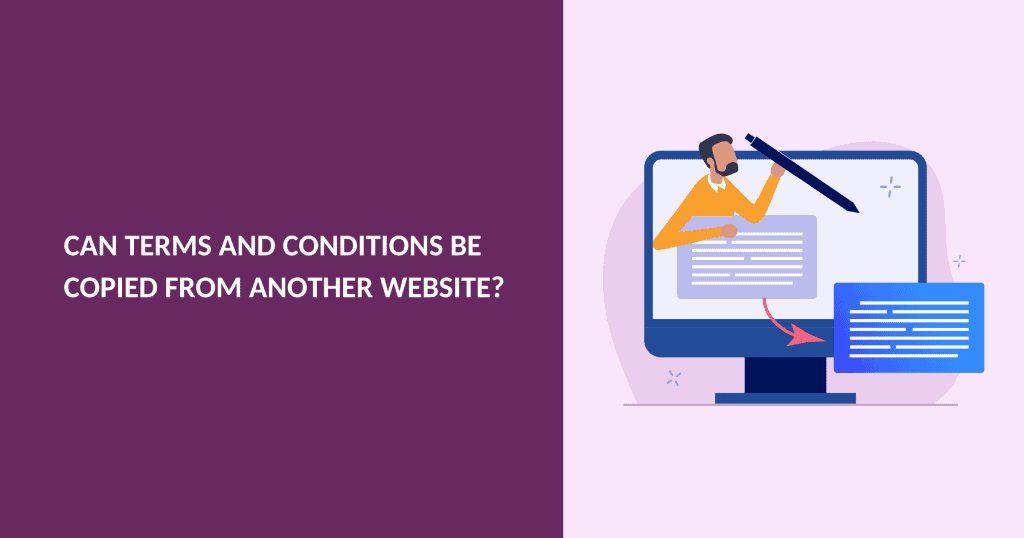
If you want to copy terms and conditions from another website - stop. Do yourself a favor, learn why it's a terrible idea and what you can do instead.

It doesn't matter how good your terms are if nobody sees them. Learn where to put terms and conditions on a website and app to ensure they're seen.

Many people wonder if their websites need terms and conditions if they don't sell anything. The answer is yes, in fact everyone does. Here's why.
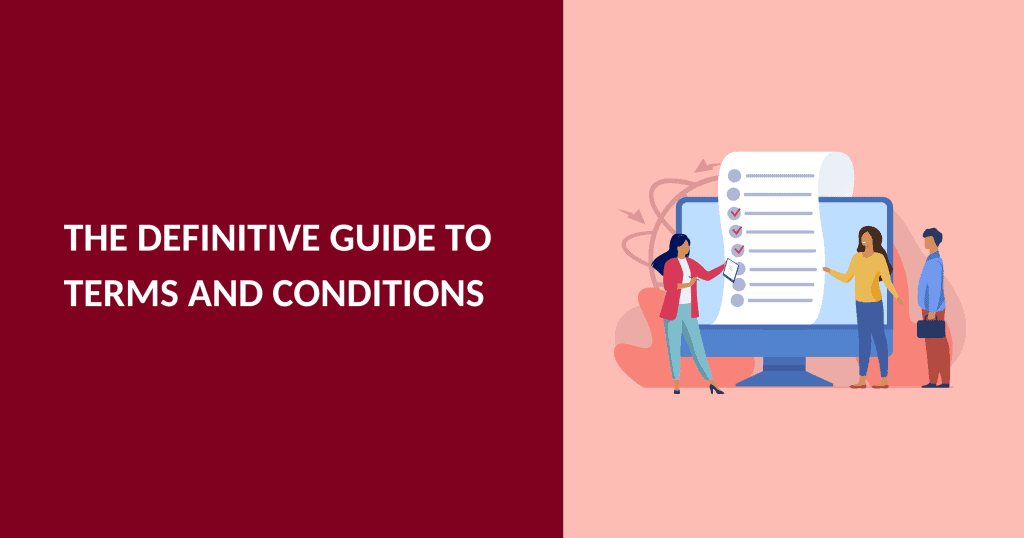
The terms and conditions are a set of rules and guidelines that users must agree to abide by in order to use a service or product. ...
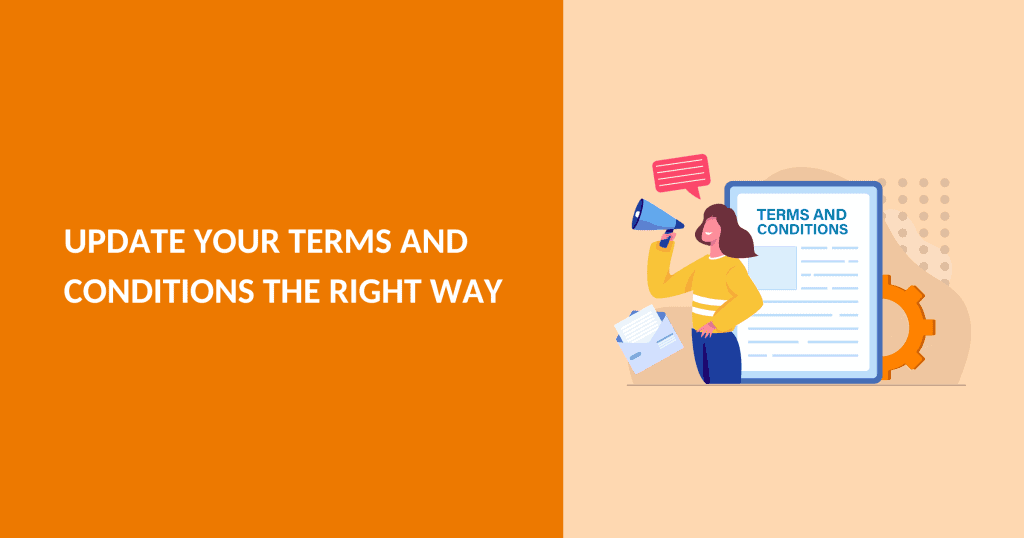
All online businesses must review and update terms and conditions on a regular basis. Here's why and the best practices for sending a change notice.
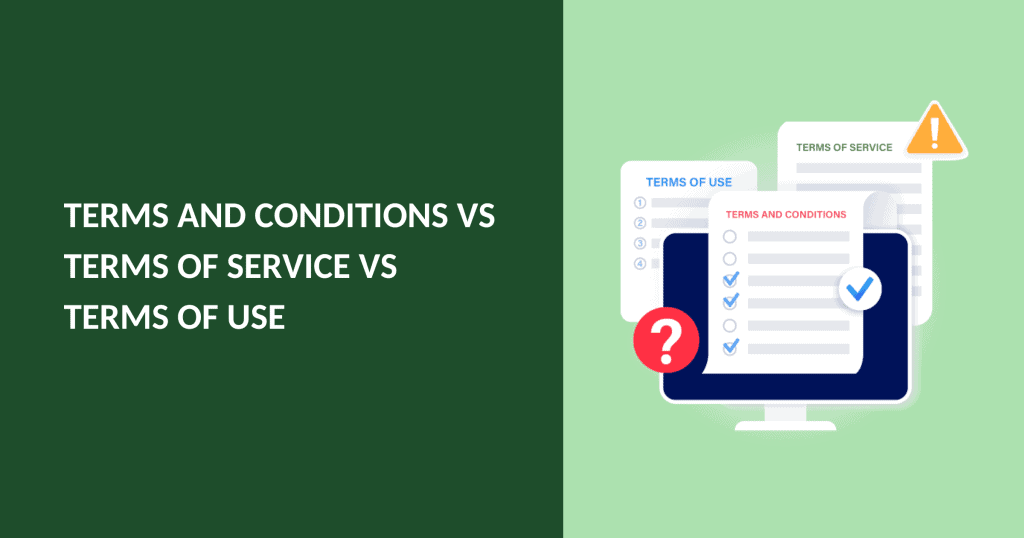
Discover the differences between terms and conditions, terms of service, and terms of use, and learn how to choose the right one for your business to ensure clarity and protection.

FTC affiliate disclosure is a statement you should display prominently if you’re being compensated for promoting certain products. Here's how to do it right.

Correctly written terms and conditions for your blog will ensure you're legally protected from frivolous lawsuits. Here's why & how to do it the right way.